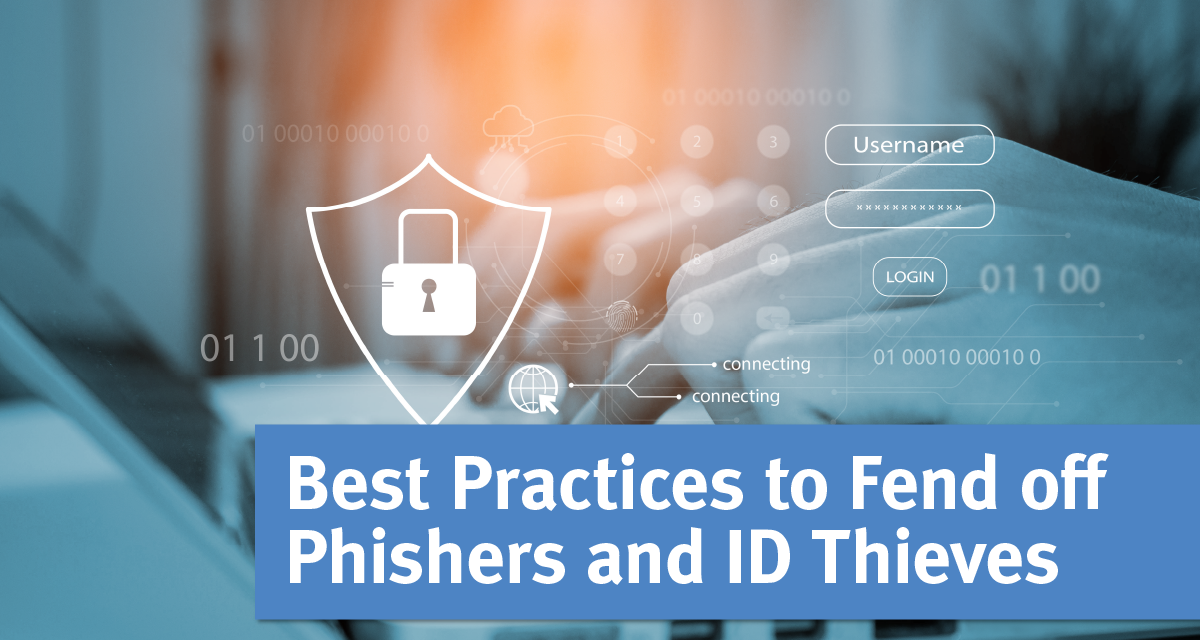Identity thieves seem to be around every corner these days. The can grab your info and cause a lot of harm quickly. With the rapid rate of change in the world of technology, how does the average person keep up and protect themselves?
Managing your personal sensitive data is exhausting these days but there are some things you can do as a matter of practice to keep yourself safe. Like getting ready for your day in the morning, these things should become habit.
The top three things you should be doing for your cybersecurity practice are:
- Two-factor Authentication
- Freezing credit/adding credit alerts
- Never “Copy & Paste” your passwords across accounts
You can do a lot of little things that will add up as a stronger barrier between you and the cybercriminals that want to do you harm. Here are some additional ‘habits’ that you can add to your cybersafety routine:
Phishing: If you didn’t initiate, don’t take the bate
Beware of absolutely every contact coming your way in a conversation you didn’t start. Anytime someone pops into you inbox, be skeptical. No matter who the message claims to be from. Whether it comes in the form of a phone call, an email, a text message, or carrier pigeon. If you didn’t initiate it, don’t click. Go to the source and verify.
Passkeys: new and easy
The newest tool in our cybersecurity toolkit is the Passkey. Passkeys are a way to log into an account that is not a password. Passkeys are designed to give users an option to using a passwordless sign-in. They are easy to use but must be an option given by the entity you are signing in to.
Biometrics (with caution)
Biometrics is a tool that used a person’s physical or biological characteristics, such as a finger print or face, to verify identity. Used as “one more layer” of security, it can be a useful tool to prevent breaches. However, the FTC (Federal Trade Commission) has warned that biometric information can be misused. Keep in mind, biometrics used for surveillance is much different than when used for security.
Mid Oregon provides a valuable resource for enhancing your online security. We invite you to explore our Stickley on Security section within the Security and Fraud Center. This platform offers timely articles covering a range of digital security topics, along with informative videos. Additionally, you can subscribe to receive news and alerts via email, ensuring you stay informed with the latest updates to keep your financial accounts secure in the digital landscape.
Read additional blog articles on cyber security and fraud.
As a reminder, Mid Oregon will never initiate a call asking for personal or account information via phone, text, or email.





